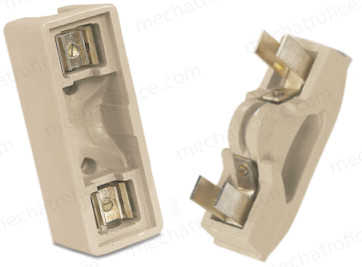What happens if the fuse rating is too low or high?

A fuse is a device used to interrupt the current flow during an overload or short circuit to protect the electrical system from damages due to the excessive current flow. In a circuit, a fuse should be burned out first when the overcurrent occurs and it should able to withstand the maximum amount of safe current.
So, in order to operate the fuse properly but without unwanted interruptions the fuse should be selected appropriate to the circuit ratings.
If the rating of the fuse is too low then it will frequently blow out even for a current value which is actually safer for the circuit. A fuse of a lower rating doesn’t cause any damages as no overcurrent occurs, but it results in unwanted power interruptions and causes the inconvenience of replacing or resetting the fuse very often.
What happens if the fuse has a rating higher than the permitted rating of the wiring? Then the fuse will not blow out even the current rises above the permitted value. Such a fuse remains the circuit close and allows the current to flow beyond the limit permitted to the wiring or other components. Then the wiring or other devices get damaged or burned and the current flow through the circuit continues until it becomes electrically open at some other part of the wiring (a weak point that melts first). To avoid this the rated value of the fuse current needs to be just below the permitted safe operating value. So, the maximum capacity of the wiring and the components can be utilized without causing any damages.
Hence the rating of a selected fuse should not be under or over. It should be optimum so as the remain the circuit closed for load currents below the permitted safe range and able to interrupt the circuit if the current exceeds.
Thenks alot for explaining it well
Nice explaination!